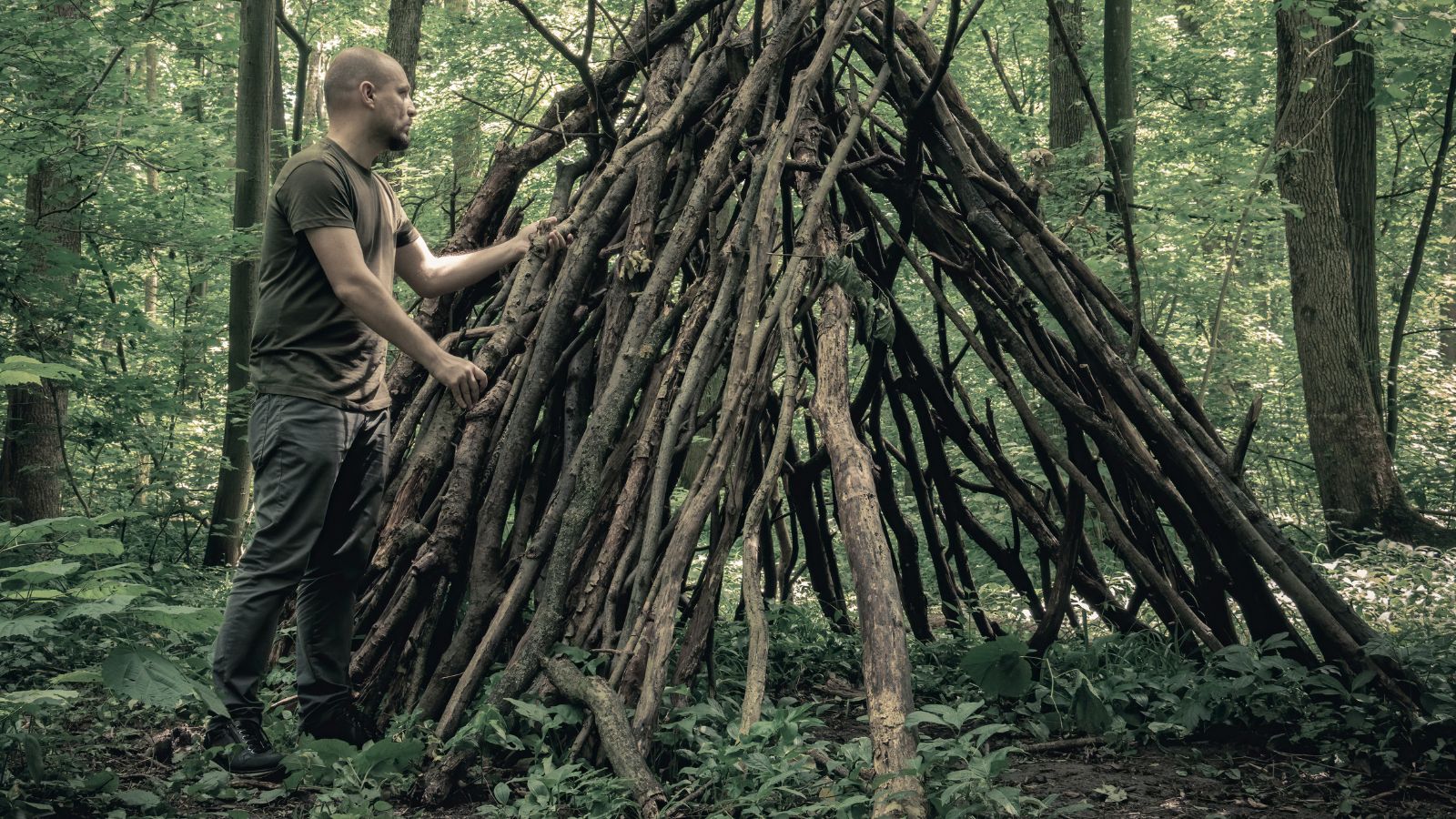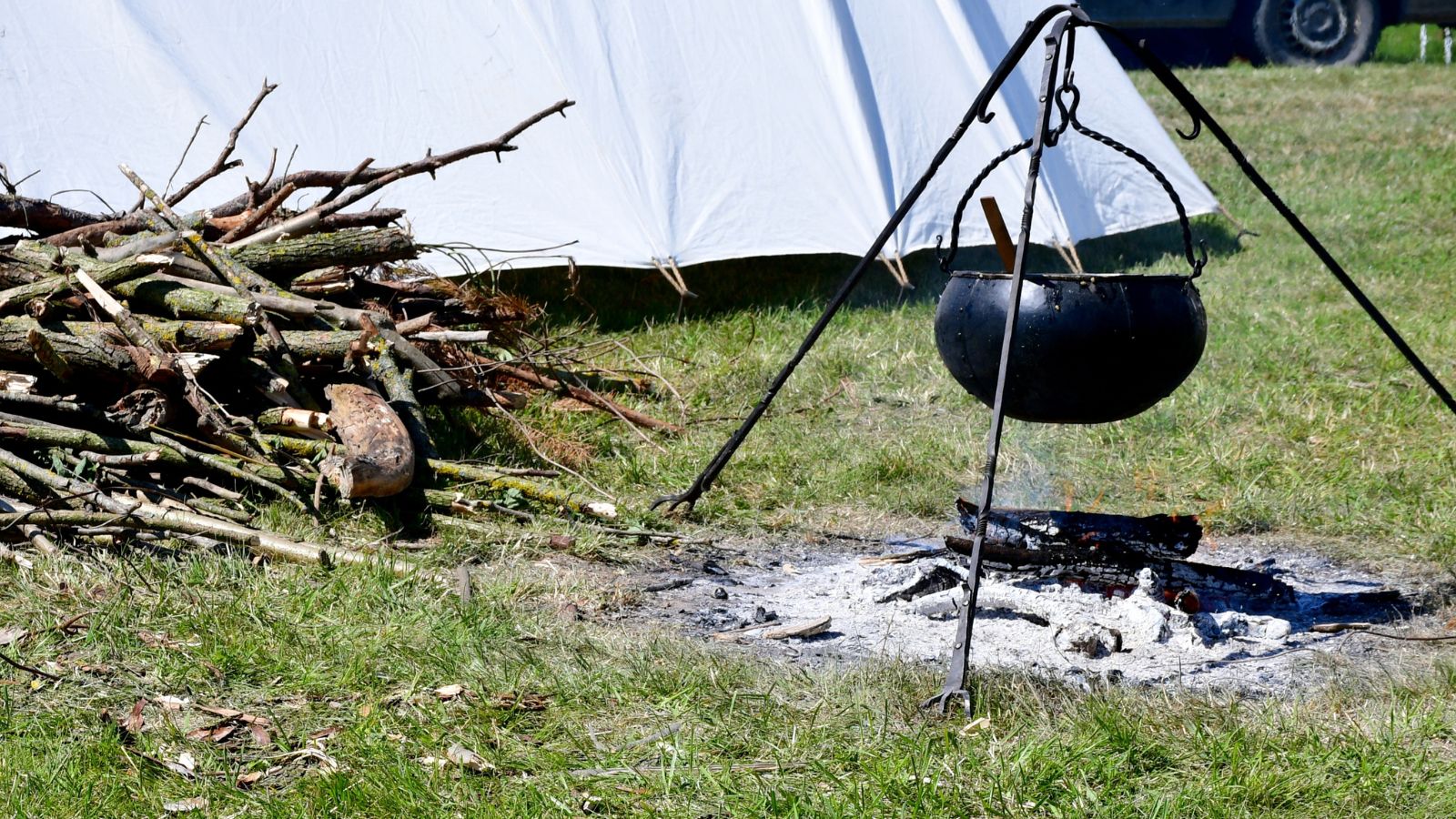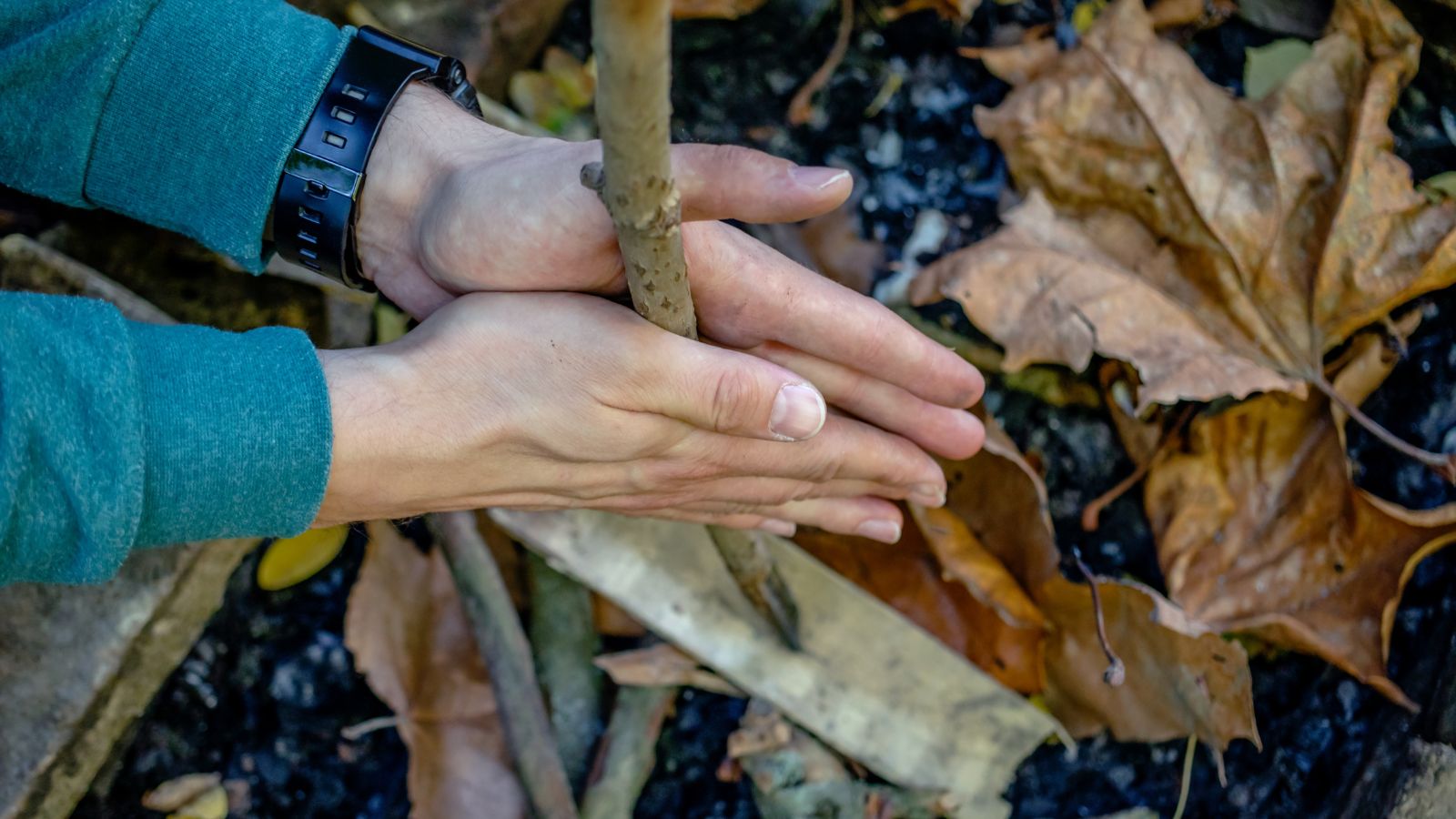Traditional skills that once played a vital role in daily life are often underestimated in today’s modern world. Yet, in unexpected situations such as natural disasters, technology failures, or other emergencies, these age-old abilities can prove incredibly valuable, if not essential. This guide highlights some timeless skills worth learning that could serve you well in challenging times.
Finding and Purifying Water

Learn how to find water in different environments, from collecting dew to identifying vegetation that indicates water nearby. You can also use layers of natural materials like sand, charcoal, and rocks to filter out large particles from water. You also need to know how to boil the water to kill pathogens and how to use solar distillation to purify water.
Navigating Without a GPS

In the modern digital world, the skill of navigation without electronic aids is a valuable skill to have. Get comfortable reading topographic maps and navigating with a compass. It can also be helpful to identify natural landmarks and understand how to use the position of the sun and moon to find your direction.
Edible Plants Identification

Foraging for food is a key survival skill, especially when other food sources are not available. Knowing which plants are safe to eat is vital, especially when other food sources aren’t around. Start by learning to spot edible plants like berries, nuts, and greens—but watch out for poisonous plants and steer clear of them.
Building a Shelter

You must know how to look for a place that’s safe and smart for setting up. Then, use what you find around you, like branches, leaves, or snow, to build your shelter. There are many kinds of shelters, like lean-tos or snow caves.
Knot Tying

Knot tying isn’t just a skill for boat owners but a critical survival technique. Learn how to tie knots like the bowline, square knot, and clove hitch for various survival situations. Outdoor Life says that “a good knot can save lives when you’re dealing with a survival situation, performing first aid, and when working over heights or water.”
Signaling for Help

You can make signals that can be seen from far away, like using mirrors, smoke, or making clearings. Making loud noises, like blowing a whistle or banging things together, can also help. Plus, you can use everyday items to get attention if you don’t have the usual signal tools.
Emergency Foraging for Food

When you can’t find regular food, knowing how to get food from the wild is a lifesaver. You can set traps to catch small animals like rabbits or birds. Fishing with simple tools is another way to find food. Even eating certain insects can keep you going.
Sewing and Repairing Clothing

Being able to sew and repair your clothes is more than just a handy skill; it’s crucial for staying warm and dry and keeping clean. Start by learning basic stitches to fix tears and sew on buttons. Then, discover how to make clothes from natural stuff like animal skins or plant fibers.
Reading the Weather

Predicting the weather can help you prepare for and protect yourself from harsh conditions. Start by getting to know how different clouds can tell you what the weather’s going to do. Then, pay attention to nature, like how animals act or how plants change, to predict the weather.
Mental Resilience

According to the APA, “Resilience is the process and outcome of successfully adapting to difficult or challenging life experiences, especially through mental, emotional, and behavioral flexibility and adjustment to external and internal demands.” Mental resilience can often be the key factor in surviving challenging situations. Staying strong in your mind is often what helps people get through tough times.
Traditional Cooking Methods

Get good at making meals over an open fire, including how to keep it safe and control the heat. Also, know how to keep food good for longer using methods like smoking, drying, and salting. These cooking skills can also be applied in your daily life to spice up your cooking.
Physical Fitness

Maintaining physical fitness is crucial, not just for health but also for being adequately prepared to handle survival situations. Endurance training, which Masterclass defines as “any type of athletic training that increases your body’s cardiovascular or muscular endurance,” is key to being able to overcome physical challenges. Additionally, recognizing the importance of flexibility and mobility can prevent injuries and contribute to overall health.
Basic Carpentry

Being able to do carpentry with simple tools is super useful for making and fixing things. Start by getting good at basic tools for building simple stuff. You also need to learn how to make strong joins in wood, which is super important for making things that last. These skills will help you when building shelters, fixing things, and making useful tools.
Preserving Water

In environments where water is scarce or during survival situations, preserving water becomes essential. Techniques for rainwater harvesting are a good method for collecting and storing water safely. It’s equally important to understand strategies for conserving water usage to minimize waste.
Morse Code

Morse code serves as a vital communication tool, especially in emergencies. To use it effectively, one must first learn the Morse code alphabet, ensuring the ability to send clear, coded messages. Additionally, learning how to send messages over long distances using flashlights or mirrors can be incredibly useful.
Basic First Aid

Injuries can happen at any time, and knowing basic first aid can be the difference between life and death. Learn the steps for performing CPR on adults, children, and infants so you can save lives in emergencies. You should also consider learning how to clean cuts and gashes, apply pressure to stop bleeding, and dress wounds properly.
Basic Self-Defense

Protecting yourself is super important, especially in unexpected situations. It’s key to always be aware and stay away from danger when you can. If you do face danger, knowing some self-defense moves can help, even against bigger attackers. And remember, things you use every day can become tools to defend yourself if needed. Some of the items recommended by Survival Jack are stilettos, towels, and shirts.
Starting a Fire Without Matches

Fire is essential for warmth, cooking, and signaling for help, and yet most people don’t know how to start a fire without a match. An easy trick is to use magnifying glasses or lenses to focus sunlight onto dry leaves, causing them to catch fire.

